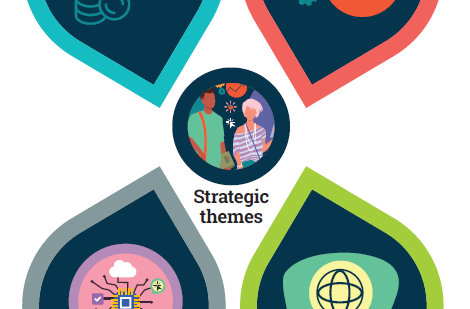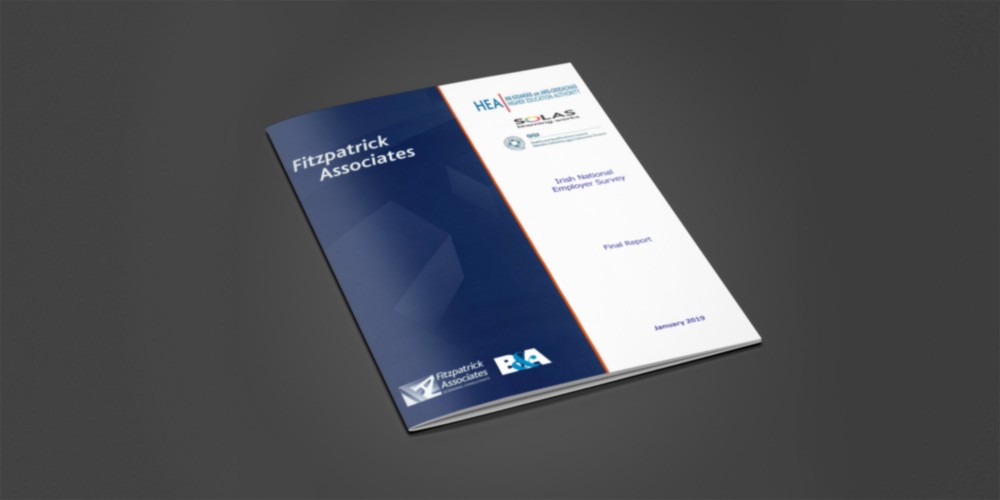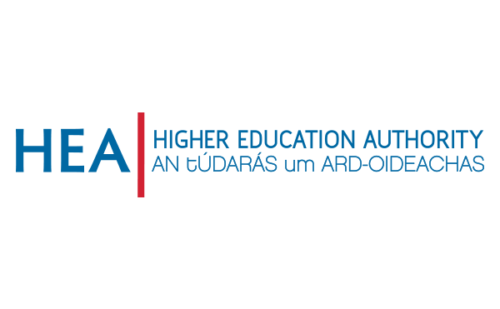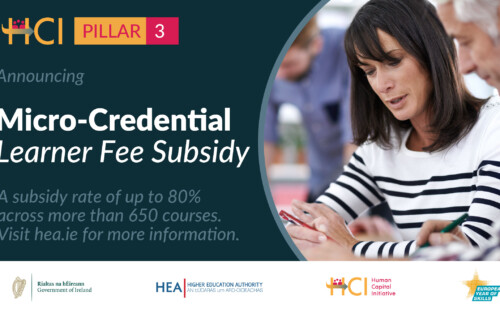
28 March, 2024

By Maura O'Shea
Posted: 23 January, 2019

The Minister for Education and Skills Joe McHugh T.D. today launched the National Employer Survey 2018. The survey, completed in Q2 2018, has shown that employers are very satisfied with graduate recruits across a range of personal and workplace attributes, including computer and technical literacy, working effectively with others and numeracy/processing numerical data.
The National Employer Survey is a joint project undertaken by the Higher Education Authority, Quality and Qualifications Ireland and SOLAS which aims to ascertain employers’ views on the overall quality of recent higher education and further education and training (FET) and graduates, any barriers to graduate recruitment and collaboration between business and educational institutions.
Responses to the survey came from 760 organisations, 535 of which had recruited recent graduates from the higher education and further education sectors.
Some of the key findings included:
Launching the results of the survey, Minister McHugh said: “I am delighted to note the high level of satisfaction that employers express in graduates. First and foremost what this survey shows is that we have a very high caliber of graduate coming out of third level.
“Employers clearly see the value that graduates from Ireland’s education and training sectors are adding to their business. And this is improving all the time.
“Graduates are fulfilling the needs of all parts of the economy and their positive impact is being felt in all companies, regardless of how big or small, the sector or where they are headquartered.”
Paul O’Toole, interim CEO, HEA, said: “Irish employers are generally very happy with the quality of our graduates and the universities, institutes and colleges should take credit for that. However, we cannot rest on our laurels. With technological and other changes happening at an increasing pace, we need to enable graduates to be ready to adapt to whatever future challenges the workplace holds.”
Conor J Dunne, Acting CEO, SOLAS said: “We are pleased to note that employer satisfaction levels with further education and training graduates is at a similar level to third level graduates. This year’s report has also provided more detail on how further education and training graduates are viewed, both in terms of technical and personal skills, with our graduates scoring highly in areas such as effective communication, working with others and reliability.”
Other survey results included:
Minister McHugh said: “There’s high satisfaction with the engagement between industry and colleges, institutions and universities and I am delighted to see employers indicating that they are engaging on work placements, upskilling of staff and apprenticeships.
“The provision of work placements is particularly important for students in gaining experience of the world of work and it is an area we should keep building on as we meet the demand for skills.”
Lower rates of satisfaction were recorded for graduate attributes related to commercial awareness, entrepreneurship and foreign languages. The Government has already put in place measures to address these areas including an increased focus on employer engagement through Regional Skills Fora, ongoing work on the Entrepreneurship Education Policy Statement and the implementation of Languages Connect, the Foreign Languages in Education Strategy which was published in December 2017.
Ends
Notes for Editors
The survey was conducted by way of a CATI telephone survey, amongst a representative sample of enterprises/businesses, by way of a pre-agreed questionnaire designed for the project by the HEA, SOLAS and the Department of Education and Skills. Fieldwork for the survey was conducted by Behaviours and Attitudes for Fitzpatrick Associates in June and July 2018. 760 organisations completed the survey.
For the purposes of this survey:
While not directly comparable due to different technical designs, a comparison of the 2015 and 2018 surveys indicates a number of trends:

28 March, 2024

22 March, 2024
